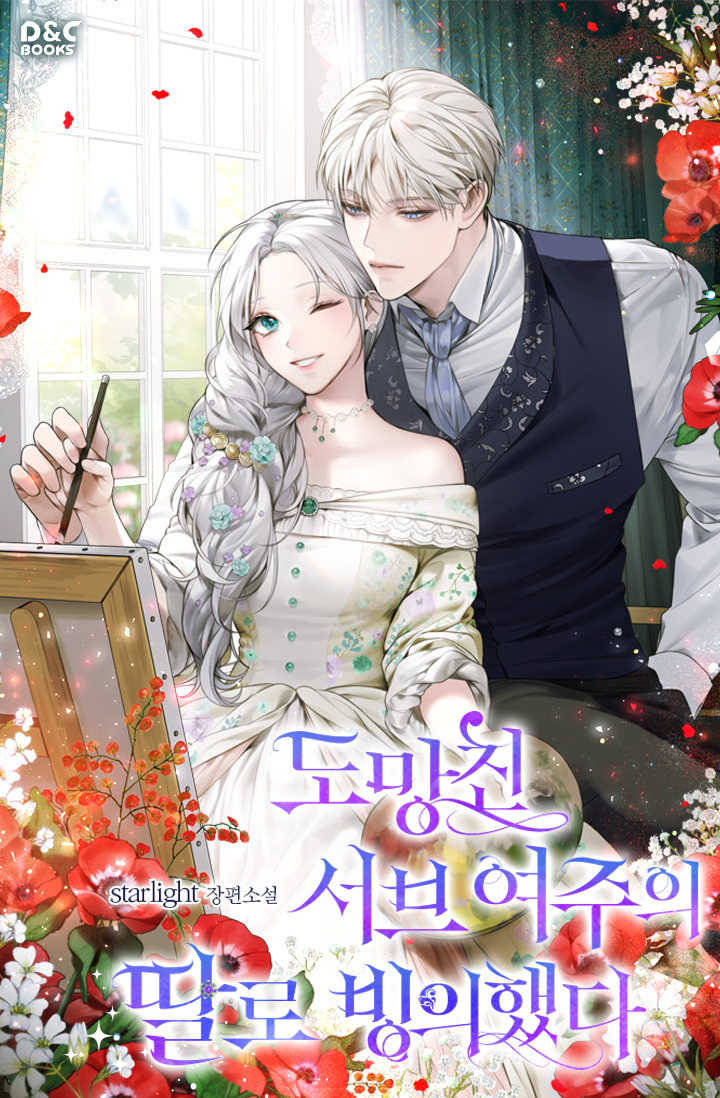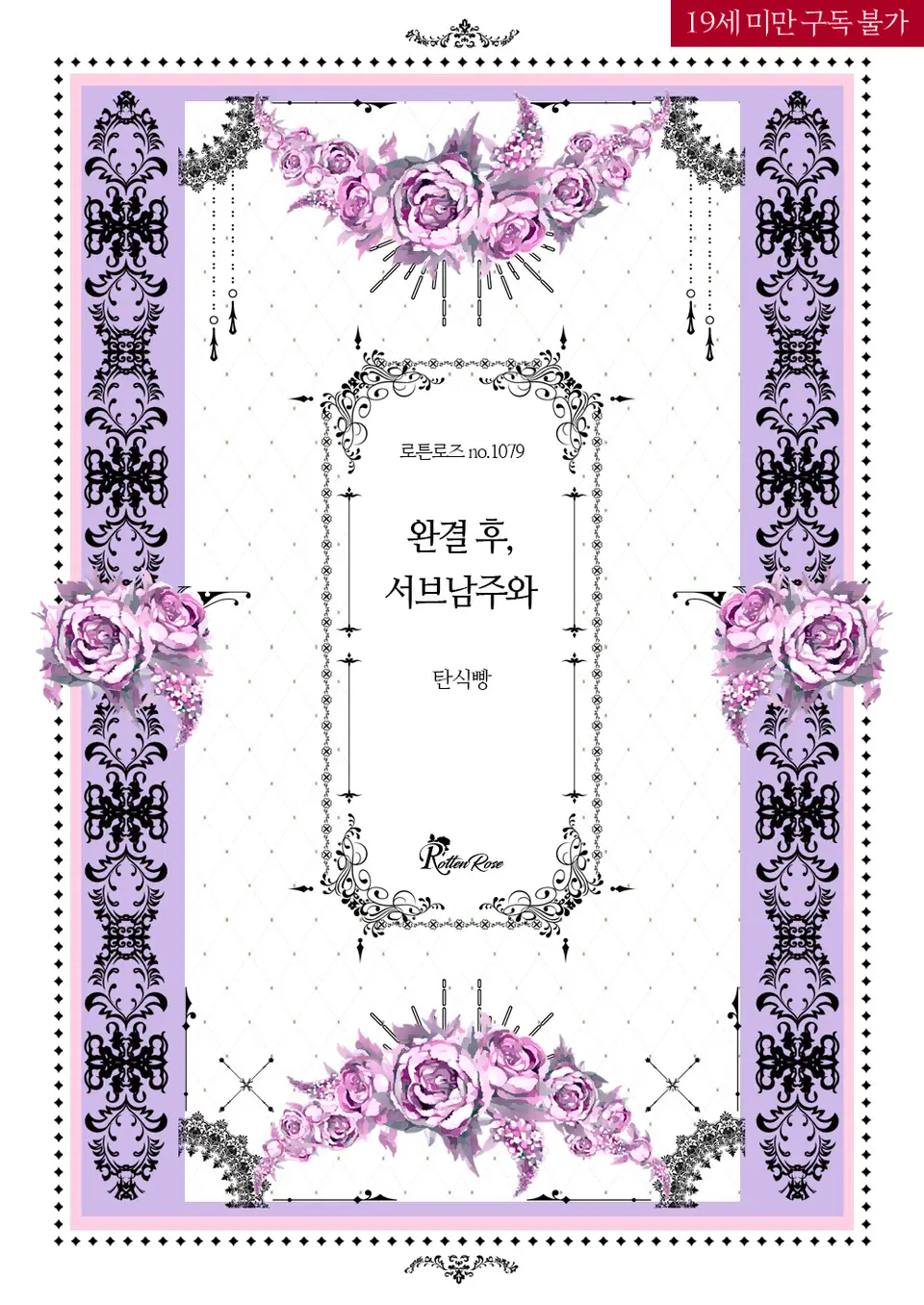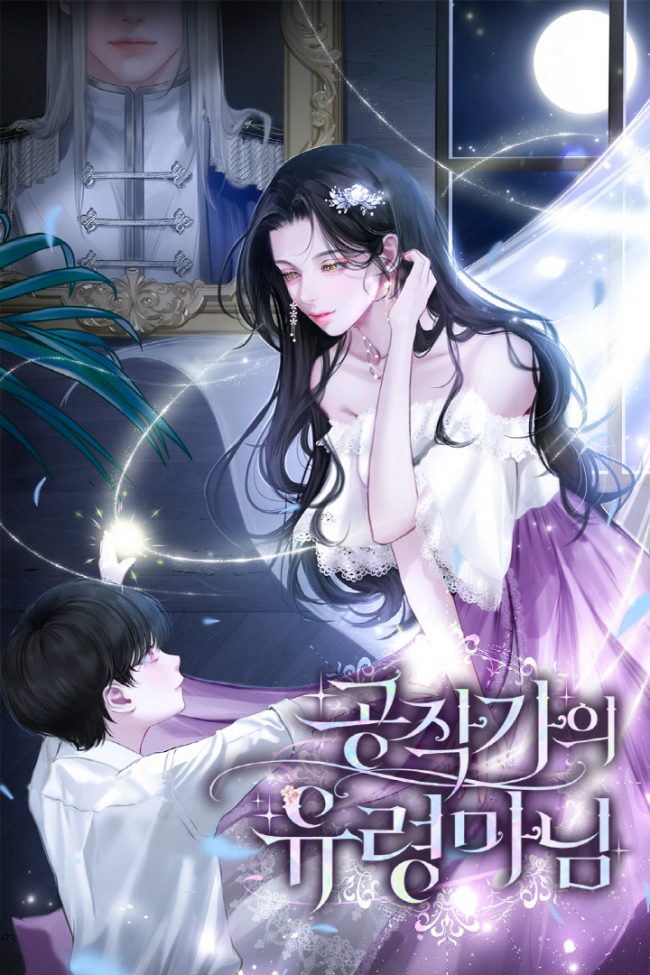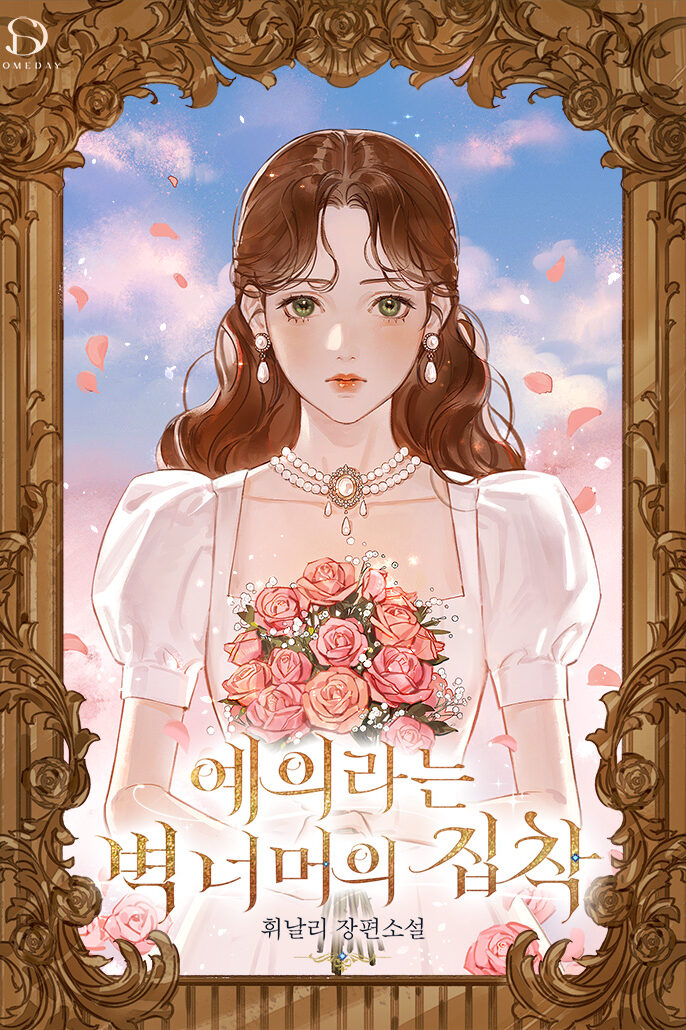Chapter 3 : Tears in the Morgue
- Home
- All Mangas
- I Think my Husband is a Murderer
- Chapter 3 : Tears in the Morgue
Chapter Three
I followed the man on the path to the naval headquarters. That brutal sound still rang in my ears, as if etched permanently into my memory.
We walked along the road stretching toward the opposite side until a large, modern building came into view. The tiled ground beneath it shimmered beneath the sun.
As soon as we stepped inside, a towering soldier—more beast than man—hurried toward us. He stopped before the man, snapped into a salute, and said with utmost respect:
“Colonel, sir! You’ve arrived.”
The man returned a short salute, prompting the soldier to lower his hand. He glanced at me with some hesitation and asked:
“And the lady accompanying you, who might she be…?”
The man introduced me as a bereaved family member. At once, the soldier moved to guide me:
“Ah… In that case, please follow me this way—”
But the man raised a hand to stop him.
“I’ll escort her myself.”
“Yes…? Sir?”
The soldier’s small eyes widened in surprise. He scratched the back of his head with a broad hand, then stepped aside awkwardly.
“As you wish, sir.”
As we descended into the lower levels, the naval officers bustled about, each focused on their assigned duties.
But whenever they caught sight of the man, they all halted immediately to salute. And once they noticed me following behind, curious glances flitted in my direction—furtive, but unmistakable.
I ignored them all.
“Have the other bereaved families already come and gone? I mean, there doesn’t seem to be anyone else here.”
“Most have already completed their proceedings.”
The man replied as he opened a door beneath the staircase.
Just as above, the officers here greeted him with respectful salutes. A few steps later, one of them approached us.
“Commander, we’ve recovered all personal effects from the Baltic Fleet. We should be able to distribute them to the families within the deadline.”
Commander…?
The titles the officers used began to scratch at my ears with a discomfort I couldn’t quite place.
A naval colonel. The Baltic Fleet. Commander…
It didn’t take long for the unease to crystallize.
‘Johannes Schultz?’
I looked up at him in disbelief, my eyes wide. A breath escaped my lips—soft and trembling.
“You’re… Lord Johannes Schultz?”
His brows arched slightly at my sudden question. He looked down at me with an indifferent gaze.
“If you’re asking about my noble birth, then yes, I am.”
He answered curtly, as if the matter wasn’t worth further comment.
“My god…”
I froze in place, at a loss for words.
All this time, I thought misfortune had chosen me alone—but now I realized I had merely been witness to another’s greater tragedy.
This man… had watched his father executed before his very eyes and endured the cruel condemnation of a crowd baying for his family’s disgrace.
How could he remain so composed? How had he not crumbled in the face of such agony?
“How did you—”
“Are you about to ask me if I’m alright?”
I nodded stiffly, unable to speak.
He didn’t reply—just continued walking in silence.
We walked through a long corridor of blinding white. No words. No sound.
Eventually, he stopped in front of a door, his hand resting on the knob.
“If a sin is committed, punishment must follow. That’s what my father taught me.”
I inhaled sharply, startled by the steadiness of his tone.
He spoke not like a grieving son, but a stranger recounting someone else’s fate.
“But… don’t you doubt it at all? Don’t you think he might’ve been innocent?”
“Would that change anything?”
“…What?”
He turned toward me slowly, his sharp blue eyes locking onto mine.
“A soldier obeys orders. No exceptions. And right now, the orders come from the Crown.”
I had no response. Perhaps it was an illusion, but I thought I saw sorrow flicker briefly in his eyes.
“This is the mortuary. Are you prepared to confirm?”
His voice was cold and detached—as though asking whether I was ready to see my father’s corpse.
I said nothing, only nodded. He opened the door.
The room was colder than the rest. A sharp chemical stench mingled with the sour reek of death, forming a sickly blend of rot and antiseptic.
I scanned the room slowly until I spotted a bed labeled with my father’s name.
“His condition is more decayed than most. It may be difficult to look at.”
“…It’s fine. I must confirm it with my own eyes.”
I said it confidently—only for that confidence to shatter in seconds.
“Ugh…”
The moment I saw him, nausea surged in my chest. I clamped a hand over my mouth and stumbled out of the room.
I took several deep breaths, steadying myself.
And then the shame came. How could I recoil from the man who meant the world to me?
How heartbroken would my father be, to see me like this?
I hardened my resolve and stepped back inside.
His body was unrecognizable. Twisted. Rotting. Violet bruises spread across his limbs like mold. The stench was unbearable.
Because of that, another wave of shock hit me.
Was this decomposed corpse… truly my father?
“Is… is this really him?”
I wasn’t searching for an answer. I just needed to voice the truth—to force myself to face it.
Johannes gave no reply.
I stared at my father’s lifeless form, then took his hand.
It was the first time I’d ever touched a corpse. Damp. Slippery. Void of all warmth.
From the corner of my eye, I saw the guards at the mortuary avert their faces, unable to bear the sight. But I had no attention to spare for them.
I clenched my eyes shut.
That cold, lifeless touch—it was enough to make the truth real.
My father was gone.
And then… I noticed something strange.
His hand didn’t feel right.
It was different from the hand that had always embraced me with love.
I lifted it abruptly, examining it with trembling eyes.
“…This isn’t my father’s hand.”
I looked up at Johannes Schultz in shock, my voice quivering. His brows furrowed. I stumbled to explain:
“His right index finger—it was always bent. I’m sure of it! I mean… what I’m saying is, maybe he’s still—”
But I never finished.
Then, one of the mortuary guards— the only one who hadn’t turned away—spoke up cautiously:
“Forgive the intrusion, but… sometimes, during decomposition, the body can appear to revert temporarily.”
“But—”
“The personal belongings found with the body were all confirmed to belong to Sergeant Isaac Prim.”
Johannes Schultz cut in smoothly, handing me a box resting in the corner.
“…Ah…”
My tiny flicker of hope disintegrated into ash.
A numb despair settled over me.
It was real.
The navy badge engraved with ‘Isaac Prim.’ His uniform. The handkerchief I embroidered and gifted him.
The moment I saw them, the emotions I’d held back surged to the surface.
Tears threatened to spill. I widened my eyes and bit down hard on my lip, fighting them. Clutching the wrinkled body shroud, I tried to hold myself together.
By then, the officers had quietly slipped away, leaving only me and Johannes Schultz.
His voice reached me—soft, steady:
“It’s alright to cry.”
That simple line, spoken by someone who knew the same pain, was the greatest comfort of all—even if he didn’t mean it to be.
And with that, my tears burst free.
I collapsed in front of my father’s body, burying my face, and wept—uncontrollably.
A large hand hovered above, then gently began patting my back.
For a long time, I released my grief beside him.
Once I’d composed myself, I completed the death insurance paperwork with Lord Schultz’s help.
And when the value of Isaac Prim’s death was measured in money, the amount was insultingly low.
“Six hundred thousand berk? That’s it…?”
It was both pitiful and laughable that I had to negotiate numbers so soon after losing my father—but I had no choice. I was still alive, and life demanded action.
“Sergeant Isaac Prim’s insurance was never substantial. He had already borrowed against his wages. And he was just a soldier, not an officer.”
“But if he hadn’t been deployed, he wouldn’t have gotten sick!”
“I’m a low-ranking soldier too. Complaining to me won’t change anything. If you’re in a hurry, find someone higher up.”
The officer waved a hand dismissively, annoyance clear on his face.
“How absurd…”
The price of a man who died fighting for his country was less than a month’s indulgences for a noble.
“Please don’t drag this out. We’ve got more families to assist.”
The man looked around to ensure no one was listening, then lowered his voice:
“The funds Duke Schultz embezzled were enormous. There’s barely anything left for the fallen soldiers’ insurance.”
He recited it like a rehearsed script—like he wanted me to blame Schultz.
And because of that, I couldn’t believe it.
He ushered me out soon after, adding that even other bereaved families had received meager sums.
When I returned home, I found the mailbox overflowing.
Most of it was overdue bills, tax notices, and water fees.
“…Hah.”
Poverty hadn’t even given me time to grieve.
Without a single moment to remember him, I was forced to confront reality—and find a way to earn a living.





